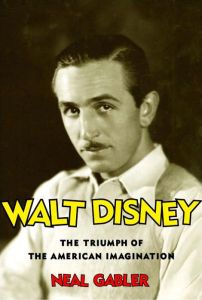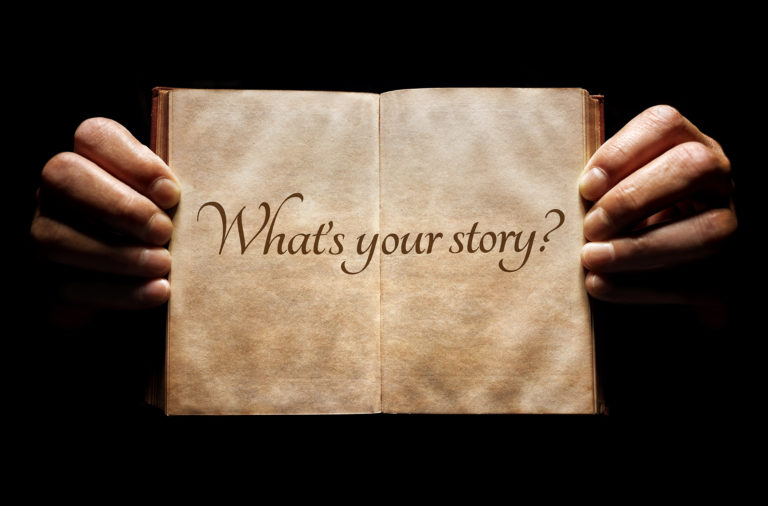Join getAbstract to access the summary!

Join getAbstract to access the summary!
Neal Gabler
Walt Disney
The Triumph of the American Imagination
Knopf, 2006
What's inside?
Creative genius, disinterested businessman, idealistic visionary, petty manipulator – Walt Disney embodied it all.
Recommendation
It's hard to imagine a time when Walt Disney and Mickey Mouse weren't household names, but that day, in fact, did exist, up until the 1920s. That's when animators led by Disney drew Mickey Mouse. In this hefty, thoroughly researched profile, historian Neal Gabler draws a deeply detailed picture of Disney and his business, from his work animating silent-movie shorts in a Kansas City garage through his years of international fame – and troubled finances. Gabler persuasively argues that although Disney classics, such as Snow White and Pinocchio, may be considered relics today, they were revolutionary works of art in their time. This biography's biggest drawback is its intimidating length, but it rewards readers who persevere. getAbstract recommends this history to anyone seeking to understand popular culture, and the competing demands of making art and making money.
Summary
About the Author
Historian Neal Gabler is the author of An Empire of Their Own and Winchell. He often writes for The New York Times and the Los Angeles Times.


















Comment on this summary